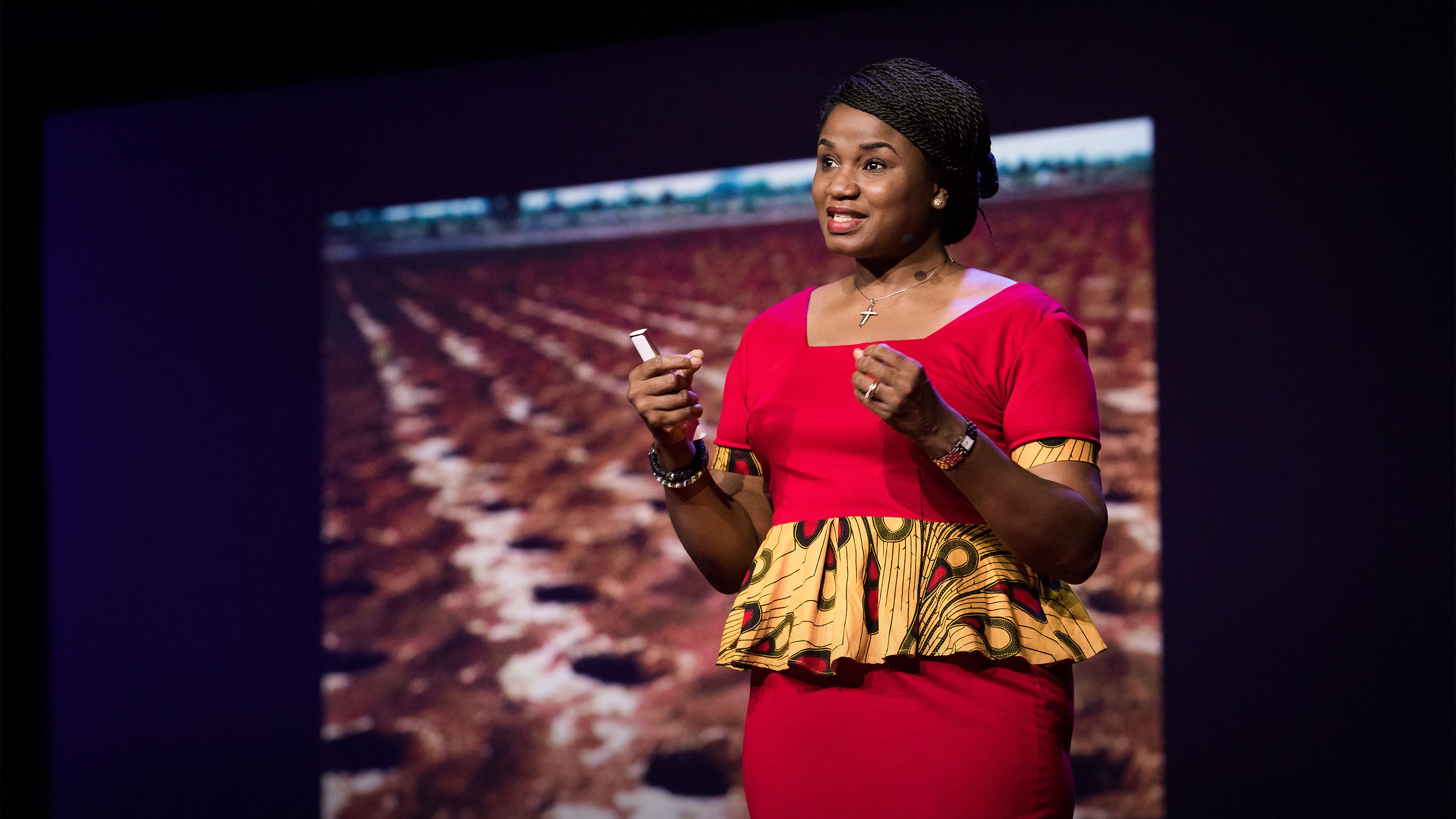How Africa can use its traditional knowledge to make progress
1,331,553 views |
Chika Ezeanya-Esiobu |
TEDGlobal 2017
• August 2017
Chika Ezeanya-Esiobu wants to see Africans unleash their suppressed creative and innovative energies by acknowledging the significance of their indigenous, authentic knowledge. In this powerful talk, she shares examples of untapped, traditional African knowledge in agriculture and policy-making, calling on Africans to make progress by validating and dignifying their reality.
